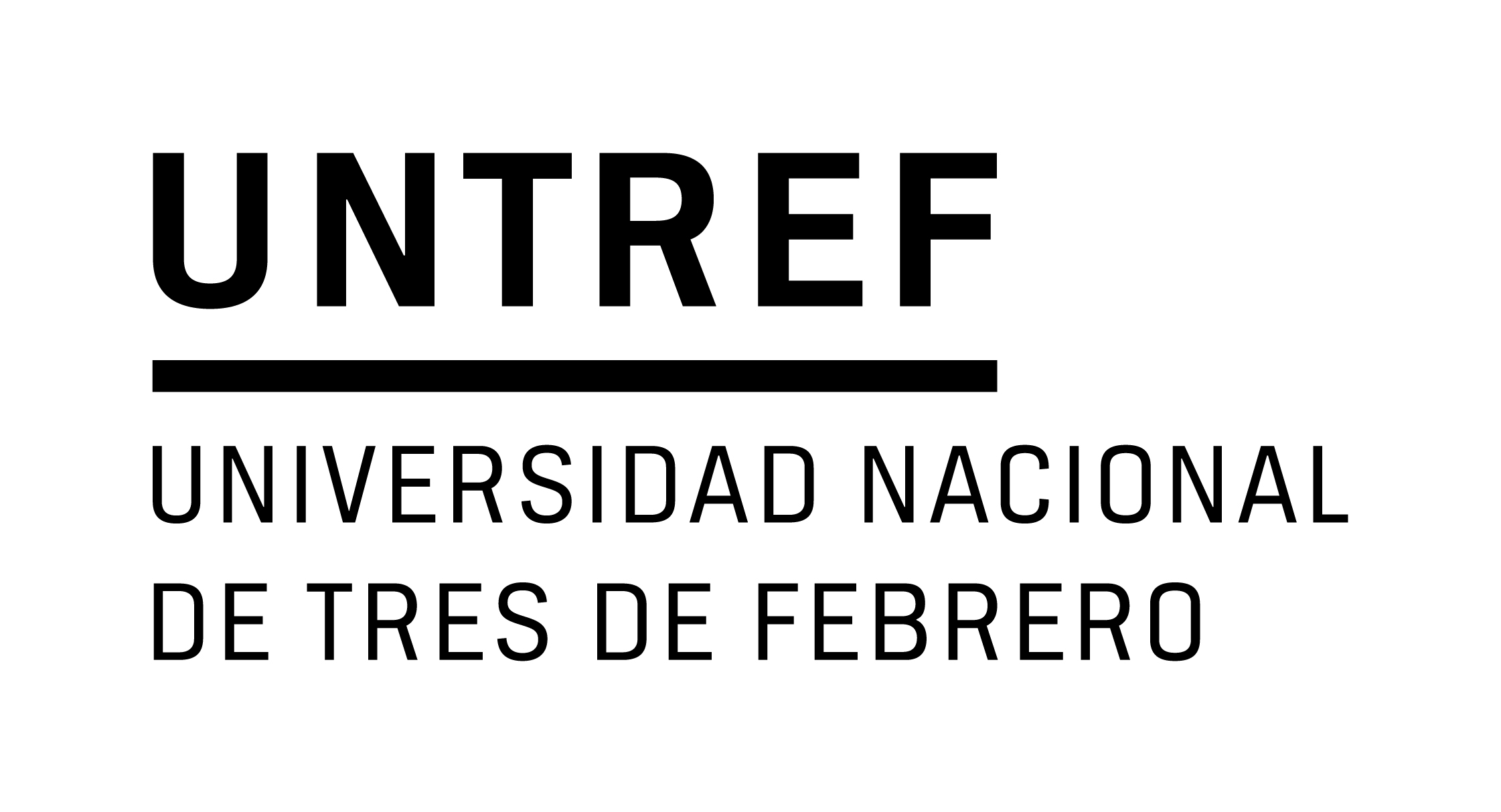Understanding resilience in International Relations : the Non - Aligned Movement and ontological security
Por: Vieira, Marco A .
.
Tipo de material:  Artículo Tipo de portador: ImpresoTema(s): RELACIONES INTERNACIONALES
Artículo Tipo de portador: ImpresoTema(s): RELACIONES INTERNACIONALES| Tipo de ítem | Ubicación actual | Signatura | Info Vol | Estado | Notas | Fecha de vencimiento | Código de barras | Reserva de ítems |
|---|---|---|---|---|---|---|---|---|
| Publicación Periódica | Biblioteca UNTREF - Sede Posgrados | H327/ REV (Navegar estantería) | Vol. 18, no. 2 (jun. 2016) | Disponible | SE | 2.009359 |
Born more than half a century ago, the Non-Aligned Movement (NAM) embodied the collective identity and aspirations of newly independent nations in Africa and Asia. Since the end of the Cold War, NAM’s relevance has been brought into question given the passing of the geopolitical context that motivated its creation. More recently, in the wake of the NAM’s Tehran meeting in August 2012, myriad analyses have yet again questioned NAM’s political effectiveness and legitimacy as an ideologically coherent vehicle for developing countries’ definition of common positions on a host of global issues. Drawing from the literature on ontological security, I argue that NAM’s enduring relevance, legitimacy, and institutional resilience are the result of some of its key member states’ adherence to the core principles of nonalignment. Notwithstanding the profound changes in both the international system and in the political and socioeconomic contexts of most of NAM’s members since the movement’s creation, these principles have fundamentally shaped their postcolonial identities in international relations. I claim that NAM’s contemporary resilience derives from the stabilizing sense of continuity that the movement provides by reifying developing states’ shared identity in an increasingly de-centered and uncertain global order.
